This article was originally published at The Mad Genius Club on February 11, 2017. It came up while I was looking for something else and having a conversation about the danger of writing Bad Boy romantic heroes. I did wind up writing a lot of fantasy, but my heroines are never limp unless fully unconscious.
I had gothic dreams last night. Most likely the product of working on the finale of my novel. Not that it’s gothic at all… For those of you aren’t familiar with gothic romance, it’s all dark and stormy nights, tons of angst, and heroines who are too stupid to live. Literally. I’m not familiar with the early beginnings of the genre, but think Jane Eyre, the author Barbara Cartland, or for that matter, much of the Victorian novels. Brooding heroes any sane woman would look at, slip into the powder room, and climb out the window to get away from.
But none of the girls in these books seem to have the sense God gave a goose. I never read many gothics, and the ones I did read were because there was nothing else. Or, in the case of Barbara Michaels, because I knew her work as Elizabeth Peters and wanted to see… Bleah, no. Looking back as an adult and an author, Barbara Cartland is impressive because she may be the most prolific writer, ever. I’m not sure how many were published, but a quick search taught me that she had 160 manuscripts unpublished at the time of her death at the ripe age of 99. I may not have been fond of her books, but I aspire to that kind of production level.
I’m straying from my intended topic. I did have one, really. The plots of these books were mostly very similar and easy to predict. A girl, or rarely, a spinster on the shelf at the shocking old age of say, twenty, was thrust by unforeseen circumstances from her home and into the cold cruel world. This didn’t bother the younger-reader-me much, I could see even back then that you had to work for a living, and if your parents both died, you were on your own. It seemed logical that governesses would be in demand. Some of the more modern books left me puzzled, since in them the heroine haring off across Europe thousands of miles from home making her living as an art restorer or some such seemed a lot more improbable
.
It was the next part of the plot that always left me internally screaming at the fictional idiots. They never seemed to check up on where they were going. I could be wrong, but a major element in most gothics, almost a character in its own right, was the house/castle. If a house, it had to be huge, mostly empty, with miles of disused corridors. Whichever it was, it had to be falling into ruins. I mean, you would think a kindly villager would take our girl by the elbow and firmly turn her around to put her on the train. “Yer t he fourth one this month. That Baron, he’s not right in the head. C’mon ducks, here you go” and she’d be spared a lot of trauma.
Of course, we the readers know she has nothing to fear. This is where the glittery hoo-ha originates, after all, with the *ahem* notorious totally-not-a-serial-killer man suddenly being put on the paths of angels by one look at our daffy-brained heroine. But it’s not love at first sight, oh no. He will likely growl at her, verbally abuse her, and that’s if he deigns to show up at all when she does. Also, what is with the number of time he’s her employer, or worse, guardian, but romancing her is still on the table as a viable option? Most of these books are set in eras when that was beginning to be frowned on. I have to wonder about some people’s fetishes. Nothing wrong with having kinks, that’s just not mine. Makes me want to hit the girl in the book upside the head with the family Bible
.
The remainder of the plot usually involves some sort of madness, because you totes expect to find some crazy relative locked up in an old ruin like that. There may be a ghost, or in the more modern versions, the mad relative dressed up in sheets like one. There’s probably a plot moppet in the form of the adorable and very traumatized child from the Brooding Hero’s first marriage. There is always rain, and none of that gentle spring stuff, either, this is driven and cold and will half drown you and of course our Daffy-brained heroine goes out in it.
Finally, the half-dead heroine, saved by the hero, accepts his offer of marriage, the sun comes out, and she settles down to make a happy home in the ruin. Me, I’m left gaping like a fish thinking “Run, dammit! Run away!” But no…
That’s not precisely what I was dreaming, which was more a muddled dark and rainy night at the edge of the sea, a coffin-like box strapped to rocks there, and a mad doctor torturing a pale faced girl who refused to give up the names of the Resistance even as he was closing the lid on her. You can see why I called it gothic. Horrifying, at the least. I woke up gasping and tangled in blankets, and lay there thinking about the appeal of the gothic novel.
Why do readers like that emotion storm? The emotions invoked by reading, or music, are no less real than ones brought on by actual events, they are just less powerful. Even when I was younger I didn’t care for angst, but I did enjoy other emotions invoked by reading. We all know that book hangover, after finishing a really compelling story that has made you laugh, and cry, and wind up in triumph on a high note. Perhaps this is what the gothic readers were in search of. A heroine worse off than they were, in some exotic setting, who they knew would wind up with a happily ever after. I prefer my characters with more spunk and less wet-noodle aspect, is all. Which is why I gravitated to science fiction, in the end.





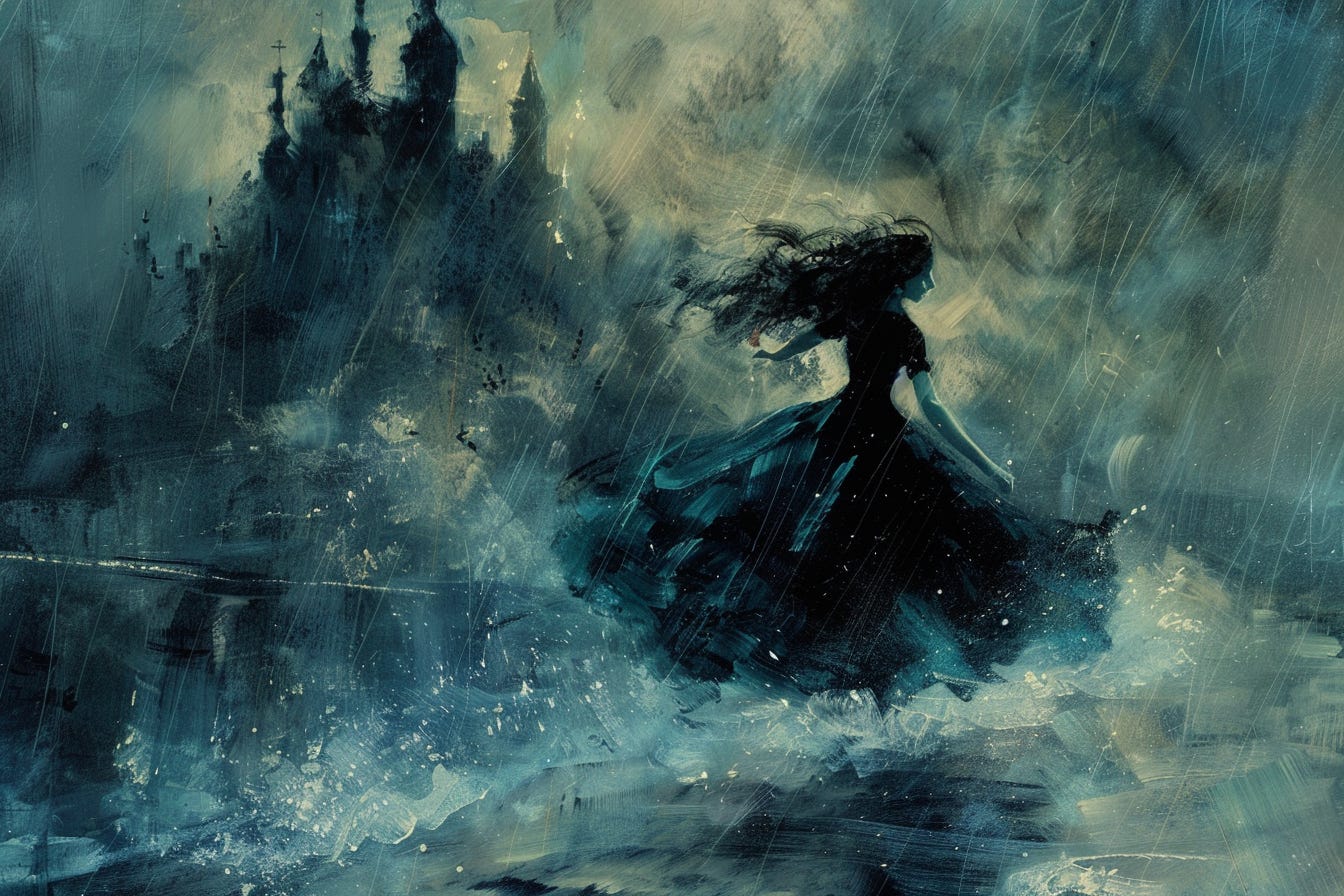
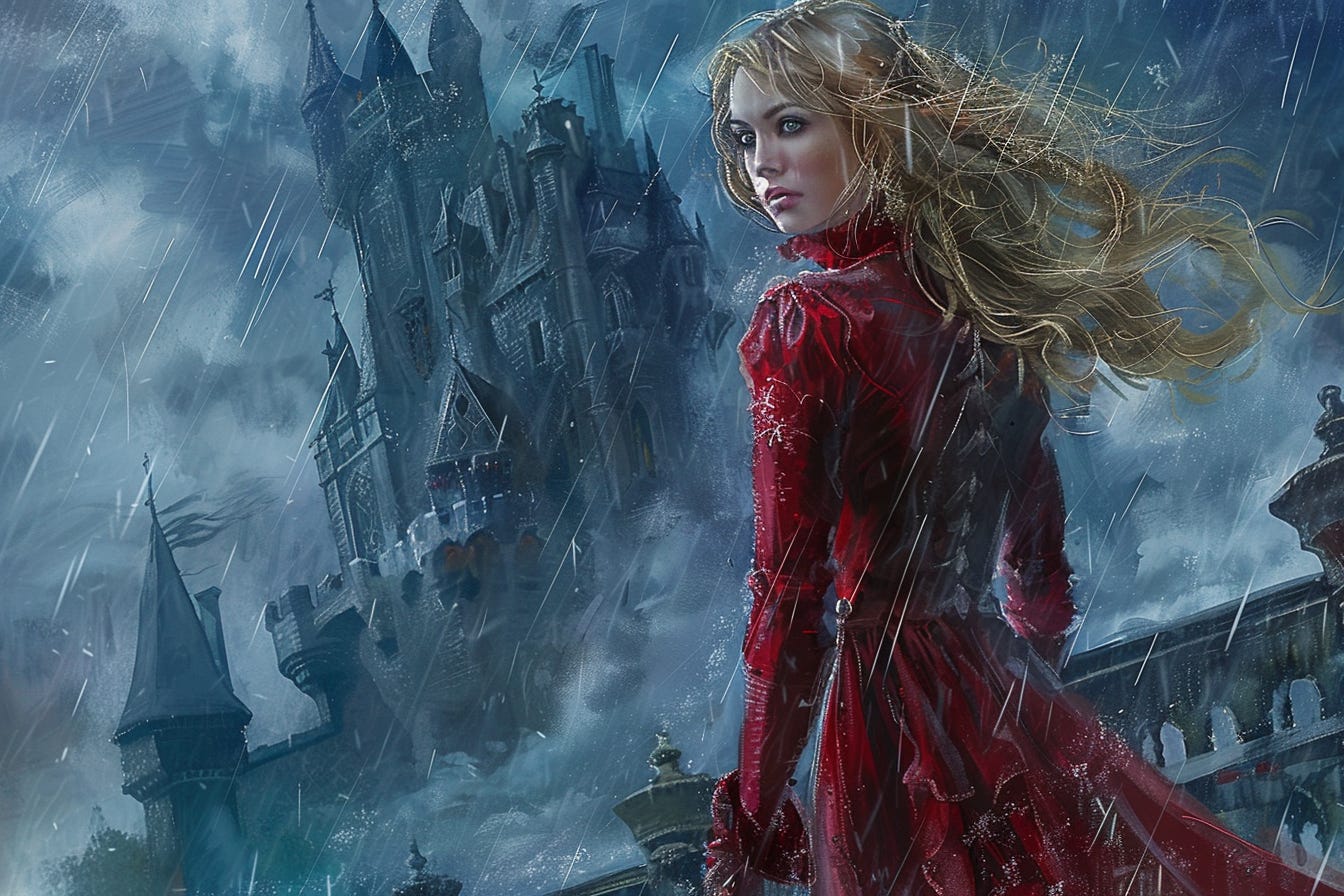
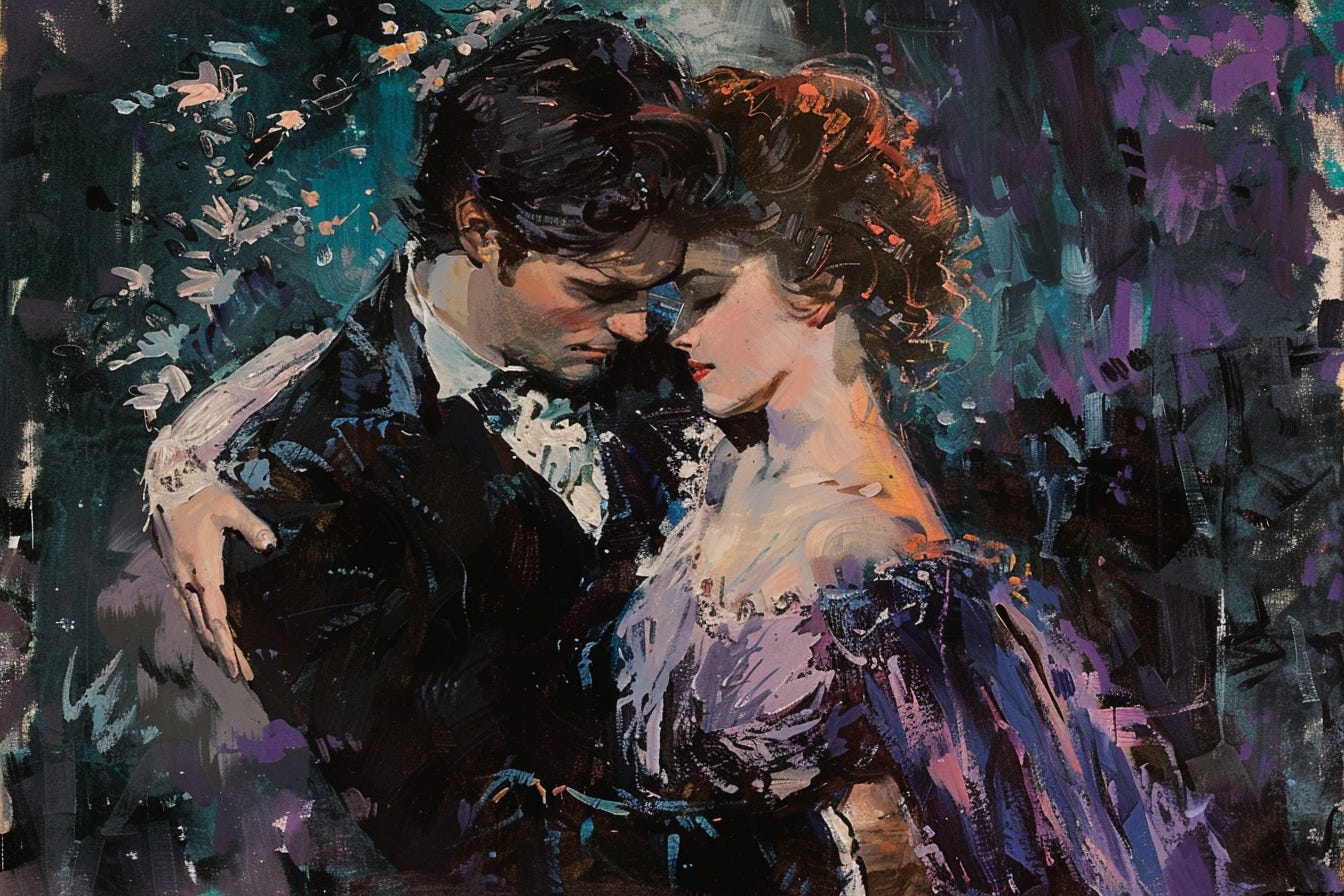
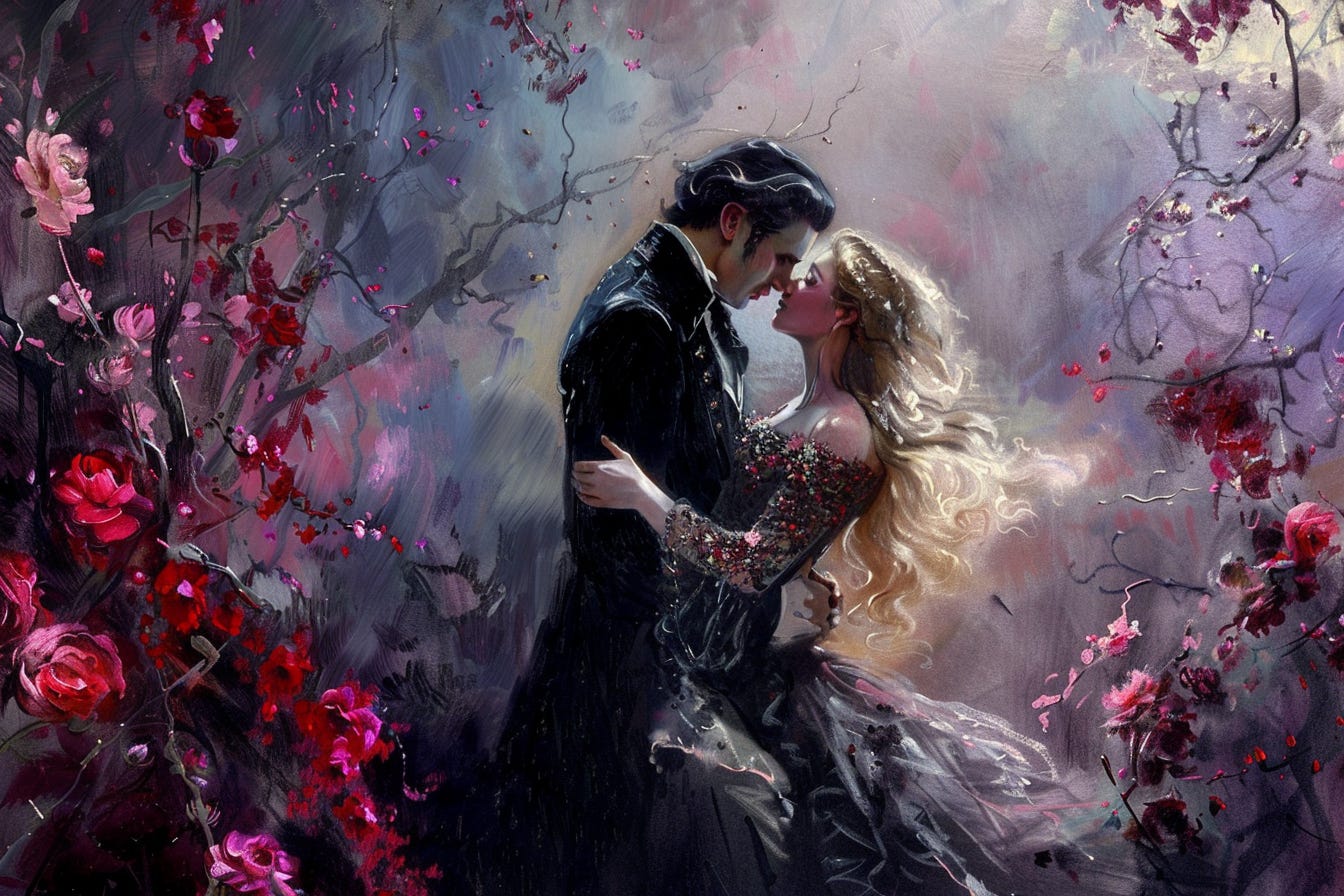
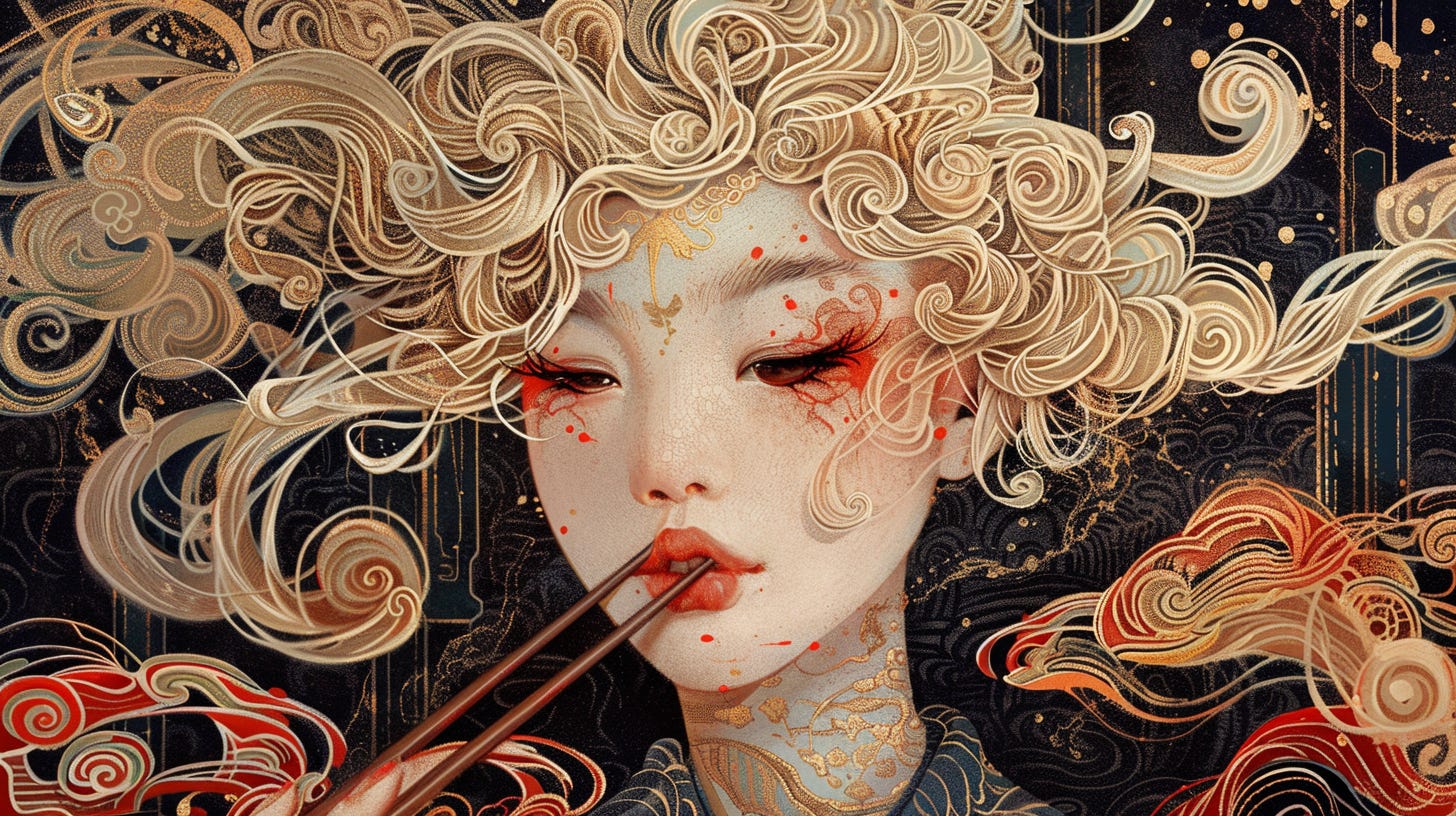
Ogden Nash referred to these books as the HIBK ("Had I But Known") genre. There were a few classics early on (Jane Eyre), and the Mary Roberts Rinehart Gothic-type mysteries, but I have sometimes wondered why the Gothic thriller had a strong revival in the 1960s and 1970s. How many book covers featuring women running over moors in their nightgowns were there, anyway?
I would love to see you write a deconstruction of this type of novel. It would not only be good, but hilarious.
The heroines tend to be in positions that give them few options. Also, the allure of the forbidden in being romanced by your guardian -- there are times when I think paranormal romance is so popular is that the reader can have prohibited love while at the same time not admitting any constraints, even fictional ones, in relations with men.
The empty corridors, however, are a big one. Even when Gothics were contemporaries. Jane Austen went after that one with a bazooka in *Northanger Abbey*.
"The number of servants continually appearing did not strike her less than the number of their offices. Wherever they went, some pattened girl stopped to curtsy, or some footman in dishabille sneaked off. Yet this was an abbey! How inexpressibly different in these domestic arrangements from such as she had read about—from abbeys and castles, in which, though certainly larger than Northanger, all the dirty work of the house was to be done by two pair of female hands at the utmost. How they could get through it all had often amazed Mrs. Allen; and, when Catherine saw what was necessary here, she began to be amazed herself."